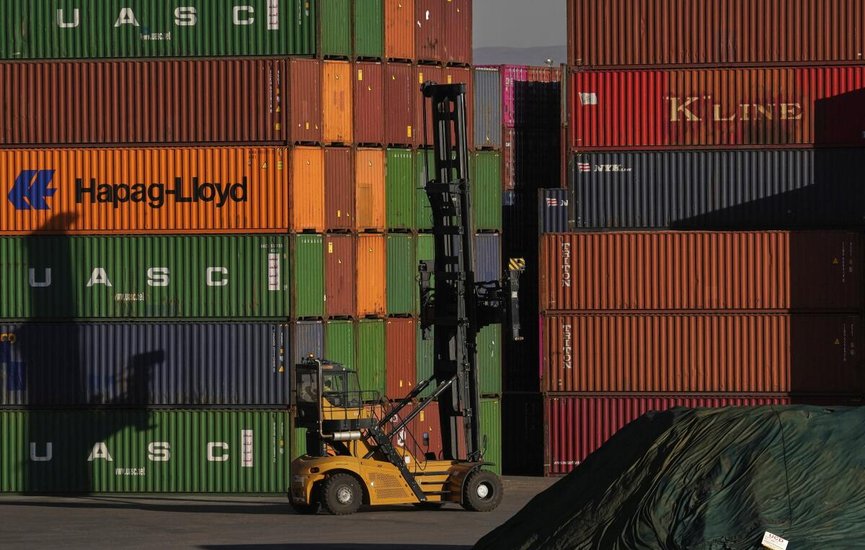South Africa is facing the looming threat of economic disruption following the United States’ decision to impose steep new tariffs, a move that could affect as many as 30,000 local jobs, officials have warned.
Speaking at a press briefing on Monday, Simphiwe Hamilton, Director-General of the Department of Trade, Industry and Competition (DTIC), said the government’s concerns stem from extensive consultations with key sectors likely to be hit hardest by the trade measure.
“We’ve based this on the ongoing consultations that we have with all sectors of the economy — from automotive to agriculture and others likely to be impacted,” said Hamilton. “At this stage, we are sitting at approximately 30,000 jobs that could be affected by this, if it were to be mismanaged in any manner.”
The tariffs follow an executive order signed last Thursday by U.S. President Donald Trump, just hours before the 1 August deadline he had set for revised trade agreements to be concluded. While several nations saw their proposed tariff rates lowered after last-minute negotiations, South Africa was not among them. Its tariff rate remains at a steep 30%, placing it among the top five highest levies the U.S. has imposed under this round of trade restrictions.
South Africa’s agricultural and automotive sectors — both major exporters to the U.S. — are expected to bear the brunt of the new trade barrier. Industry analysts warn that reduced competitiveness and increased costs could force companies to downsize, relocate, or shut down export-oriented operations.
The situation is particularly critical given South Africa’s fragile labor market. According to Statistics South Africa (StatsSA), the unemployment rate stood at 32.9% in the first quarter of 2025, one of the highest globally.
The United States is South Africa’s third-largest trading partner, accounting for 7.5% of the country’s total exports. China (11%) and the European Union (17%) hold the top two positions.
In response to the tariffs, the South African government is moving to implement a multifaceted response. According to Hamilton, this includes diplomatic engagement with U.S. officials to seek a revision or exemption, outreach to multilateral trade partners to coordinate responses and explore collective measures under international trade law, and domestic relief measures aimed at supporting affected businesses and preserving jobs.
“Government is not taking this lightly. We are working with our international counterparts, as well as our local industries, to mitigate the impact as much as possible,” Hamilton said.
The tariffs are set to take effect on 8 August 2025, leaving South African businesses just days to adjust or seek alternatives. Trade unions, industry bodies, and economic policy experts have called for urgent government intervention to prevent a potential wave of job losses and economic slowdown.
While it remains to be seen whether Washington will respond to South Africa’s diplomatic overtures, the situation underscores the vulnerability of developing economies to shifts in global trade policy. Analysts warn that unless swift action is taken, the ripple effects could extend beyond the industries directly impacted — affecting supply chains, investor confidence, and broader economic stability.
